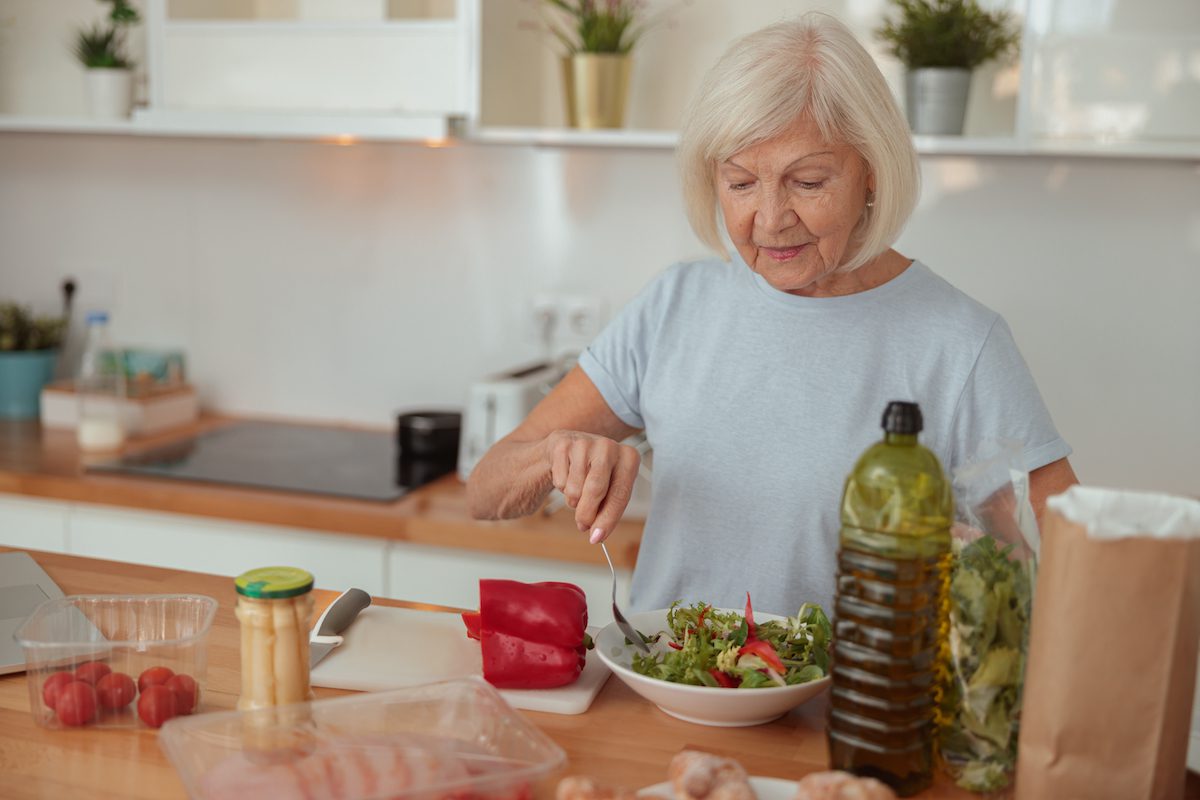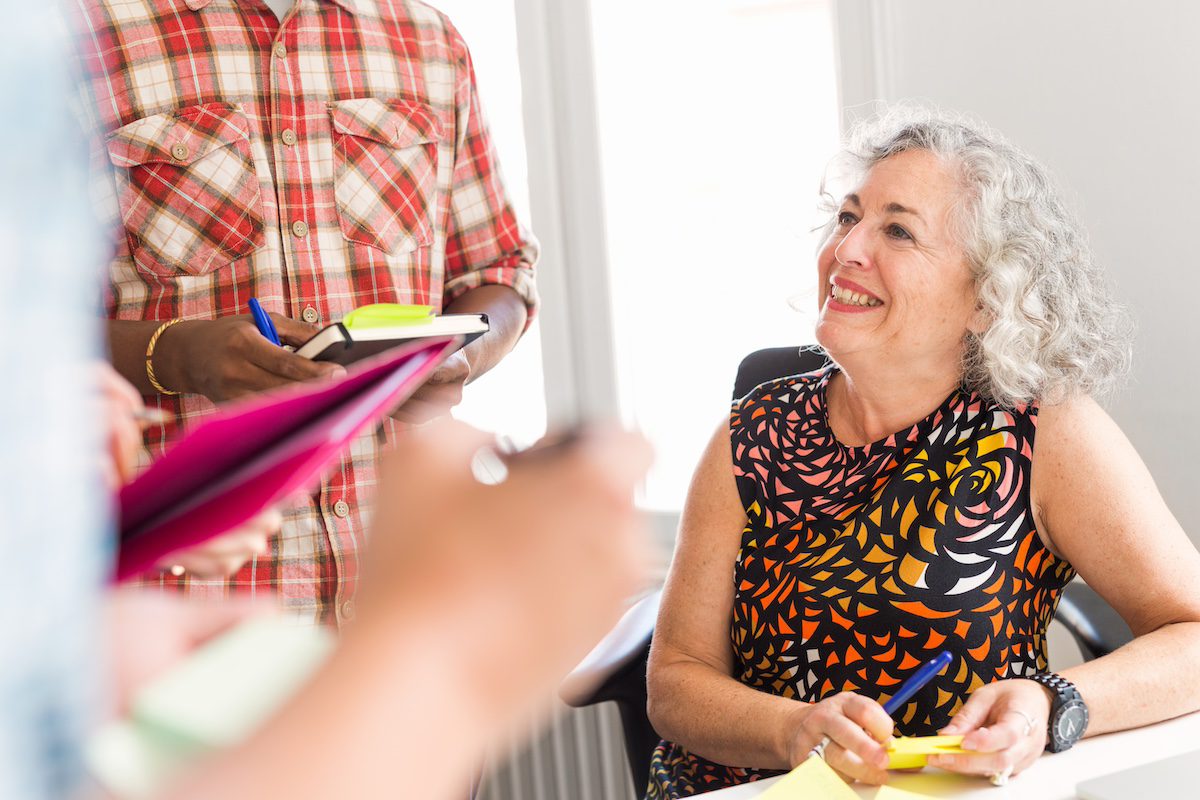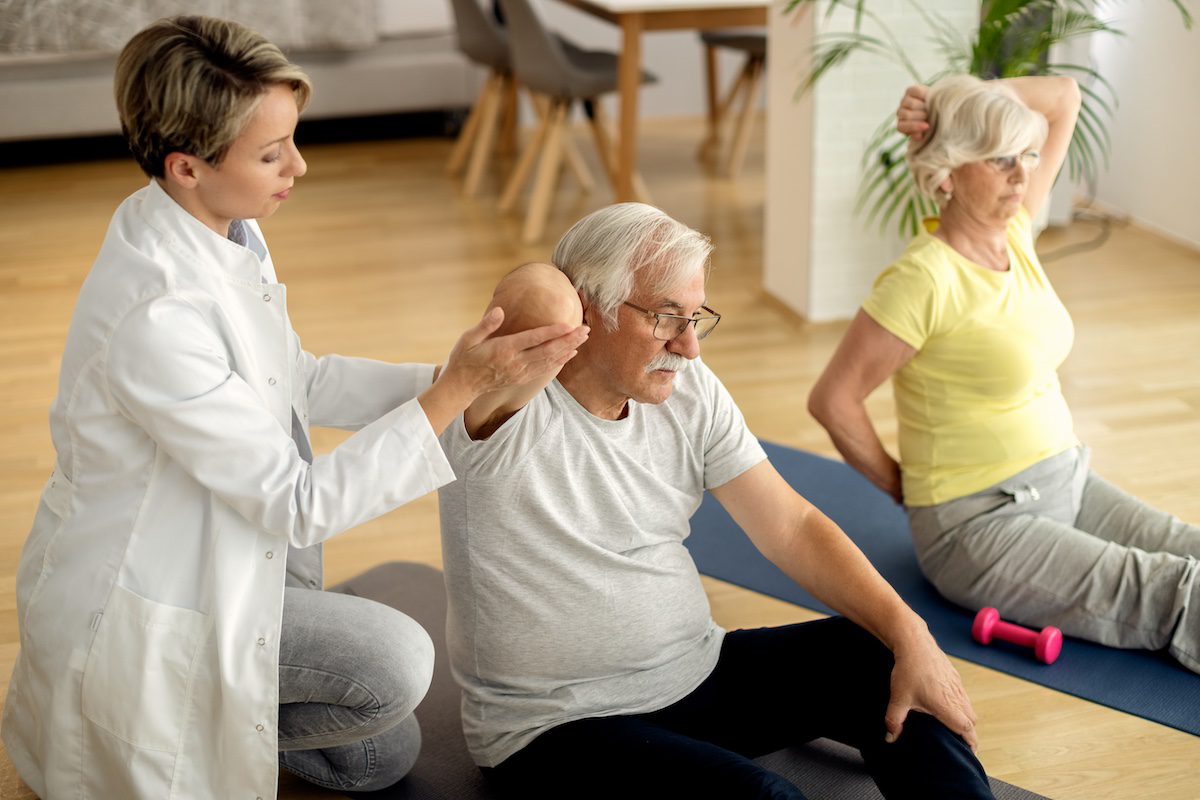Living alone can be a scary prospect for elderly individuals, especially if they are not used to being on their own. It is important to take precautions to ensure your safety and well-being.
In this blog post, we will discuss 10 safety tips for elderly individuals living alone. Whether you are looking to make your elderly loved one’s home safer or hoping to improve the safety of your own home, we hope these tips will provide you with the ability to create a safe space to call home for years to come.
1. Create a Clear Path Around Your Home
One of the most important safety tips for elderly individuals living alone is to create a clear path around your home. This means removing any potential trip hazards, such as loose rugs or electrical cords.
You should also make sure that there is plenty of lighting both inside and outside of your home. This will help you to see potential hazards and will also deter would-be criminals from targeting your home in the dark.
2. Invest In a Medical Alert System
Another important safety tip for elderly individuals living alone is to invest in a medical alert system. This type of system can be a lifesaver in the event of a fall or other emergency.
There are many different types of medical alert systems on the market, so it is important to do your research to find one that best meets your needs. You should also make sure that your loved ones are aware of how to use the system and know where to find the emergency button.
3. Remove Loose Rugs or Floor Coverings
It is important for elderly individuals living alone to remove any loose rugs or floor coverings. These can be potential trip hazards and can cause serious injuries if you were to fall.
If you have any loose rugs or floor coverings, it is best to either secure them down or remove them entirely. This will help to create a safer environment in your home and will reduce the risk of falls and other accidents.
4. Get to Know Your Neighbors
One of the best ways to stay safe when living alone is to get to know your neighbors. This way, you will have someone to check in on you and can also count on them for help in case of an emergency.
It is also important to make sure that your neighbors are aware of your situation and know how to reach you in case of an emergency. Getting to know your neighbors is a great way to create a support network and improve the safety of your home.
5. Eliminate Clutter
Another safety tip for elderly individuals living alone is to eliminate clutter. Clutter can be a trip hazard and can also make it difficult to move around your home.
If you have any items that you no longer need or use, it is best to either donate them or throw them away. This will help to declutter your home and create a safer environment.
6. Ask for Help When Moving Heavy Items
If you need to move any heavy items around your home, it is important to ask for help. This will prevent you from injuring yourself and will also help to ensure that the item is moved safely.
Many services offer assistance with moving heavy items. You can also ask your friends or family for help if you need it. Asking for help when moving heavy items is a great way to stay safe and avoid injury.
7. Hire a Helper
If you are finding it difficult to keep up with the chores around your home, it might be time to hire a helper. This can be an affordable way to get some extra help and can also improve your safety.
There are many different types of helpers available, so it is important to find one that best meets your needs. You should also make sure that you interview each potential helper and check their references before hiring them.
8. Use Non-Slip Mats
If you have any slippery floors in your home, it is important to use non-slip mats. These mats can help to prevent falls and will also make it easier to move around your home.
It is also important to make sure that you clean up any spills immediately and dry the floor afterward. This will help to keep the area safe and will also reduce the risk of slips and falls.
9. Install Grab Bars and Railings
If you have any stairs in your home, it is important to install grab bars and railings. These can help to prevent falls and will also make it easier to move around your home.
It is also important to make sure that all of the grab bars and railings are securely installed. This will help to ensure that they are safe to use and will not come loose over time.
10. Eliminate Unnecessary Stairs
If you have any unnecessary stairs in your home, it is important to eliminate them. These can be a potential hazard and can also make it difficult to move around your home.
If you have any stairs that are not being used, it is best to either remove them or block them off. This will help to create a safer environment in your home and will also reduce the risk of falls.
In Conclusion
Finally, it is important to be aware of when it may be time to change your living situation. If you are finding it difficult to take care of yourself or your home, it might be time to consider moving to an assisted living facility.
Assisted living facilities can provide you with the help you need while still allowing you to maintain your independence. They can also offer a variety of amenities and services that can improve your safety and quality of life.
If you are considering moving to an assisted living facility, it is important to tour several different options and choose one that best meets your needs. You should also consult with your doctor or other medical professionals to ensure that the move is right for you.







